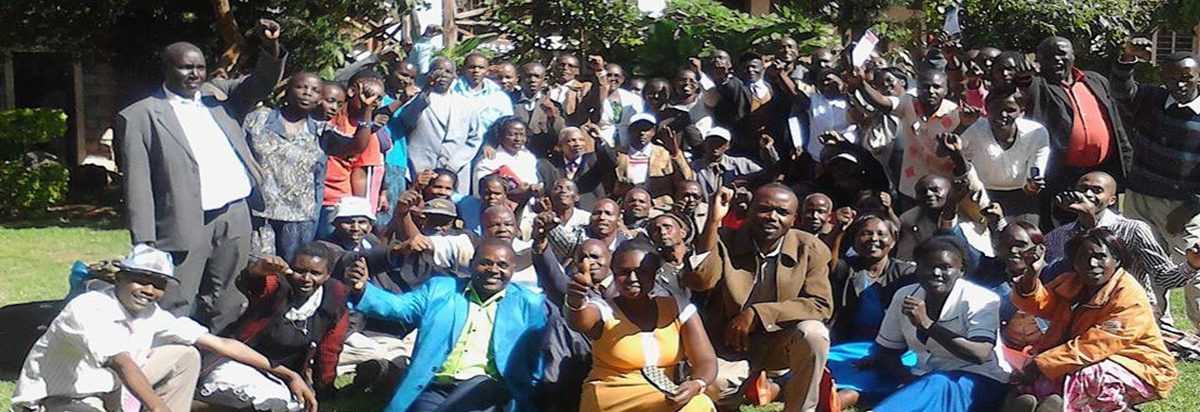
Lord our God, you judged us rightly
And out of love for us your son became human
And offered himself to die,
By your grace may we have the same love. Amen
Having journeyed through Lent for four weeks, we may well feel in need of the reassuring words of Isaiah and at the same time an invitation to pause to ask ourselves the following questions from John’s gospel and its perspectives: Taking the contexts of marriage and family, human relationships, conflicts and dialogue and the place of women in our societies, who is the most judged person in your family? Who often likes to judge the other? Husband or wife? Why? How is the relationship between dad and mum? What laws does your society, community have in place to protect the people? Are they discriminatory against some people in the community/society? As a leader, father, husband or wife have you discriminated someone either on the basis of gender, social class, knowledge or skills, religion, and ethnic background or political affiliation?
Just as the Lord promised to give abundant water to sustain the exiles from Babylon on their journey home, he will also guide us through the rest of Lent, supporting us with spiritual food and drink and helping us to answer these questions with truth and love without any condemnation or discrimination between husband who has betrayed his wife or vice versa, or a friend who has been unfaithful to other, a leader who applied the law with discrimination to women or men or to someone who isn’t from your ethnic community or a priest who sees and recognizes only the rich in his parish. The Lord will help us to relate with the laws that govern us considering that “none of us is without sin” and therefore we stand in need of grace, and new life-“Go and do not sin again” (John8:11). These words of Jesus to the woman are thoughtful; they encourage two stances: Judging by appearance and the Right judgment (The judgment of Jesus). Which one are you mostly inclined to?
The psalmist is filled with gratitude: ‘What marvels the Lord worked for me, indeed I am glad’, recalling the joy of the exiles as they returned to their country. The greatest deed of the Lord is to judge us rightly that we stand in need of grace and new life. He doesn’t discriminate us but relates with us linking our actions with his grace so that we can be without sin.
Paul reminds us that ‘nothing can happen that will outweigh the supreme advantage of knowing Christ Jesus’. He is aware that he needs not try for perfection by his own efforts. Paul is encouraging us to take comfort in this, and forgetting the past, look forward to what is still to come.
Jesus turns the violent situation by forgiving the woman who sinned, and then turning the tables on her accusers, he invites them into a dialogue than judgment by appearance: ‘If there is one of you who has not sinned, let him be the first to throw a stone at her’. Although he does not condemn her, she is to ‘go away and not sin any more’. She is invited into grace and newness of life. The Lord still believes in us and perhaps this helps us in these last days of Lent to pray to the Lord that he be our Saviour again and renew our joy and commitment to our different states of life. We may also want to pray for all those people around us who still feel in exile and condemned, that their expectation of new life at Easter might help them to come to the grace and newness of life with God who has not condemned them? Neither do I condemn you, says Jesus (John 8:11).
Learning: We stand in dire need of God’s grace and new relationship with him. Who are we to judge and discriminate others?
Christian Action This Week:
Take some time in inner quiet in the way you know works best for you – perhaps focusing on real or mental picture of a person you judged or discriminated, his/her nature, words or movement. Slowly read the text of the adulterous man in John 8:1-11. Listen, pause, and engage in a conversation with him. You may start a dialogue with him, have questions to ask him. Do you need any clarification? You may take your time.
Now look at your own life up to this point. In what ways do you agree with the adulterous man? Bring to mind events which make your agreement possible. Conclude y prayer by telling the Lord what you want to know more clearly. Renew your commitment and you may want to plan for the sacrament of reconciliation. Then helped by God’s grace and love, take your faith to the world.
Joy and Peace







